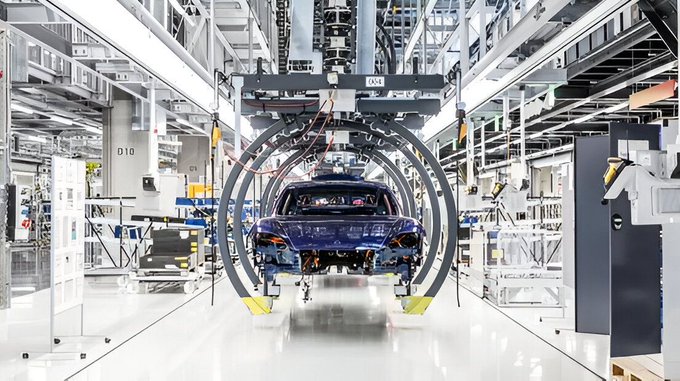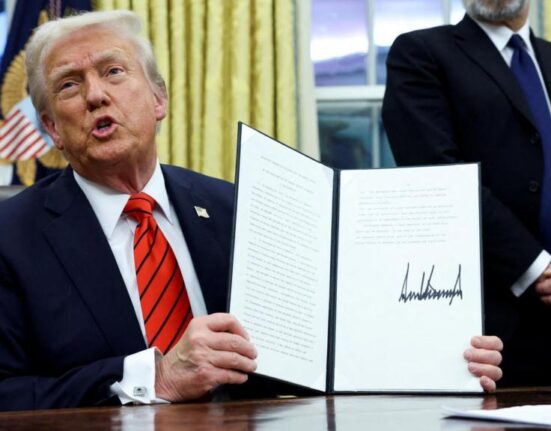India has made a significant move in the realm of electric vehicles (EVs) by unveiling a groundbreaking scheme.
Under this new policy, the Indian government will allow companies to import electric vehicles valued at a minimum of $35,000 (~30 lakhs) at a reduced custom duty of just 15%.
However, there is a key condition attached to this benefit: companies must commit to a substantial minimum investment of Rs 4,150 crore in domestic manufacturing..
This initiative marks a major step towards promoting the adoption of electric vehicles in India, a country that has been striving to reduce its carbon footprint and dependence on traditional fossil fuels.
By incentivizing the import of EVs and linking it to increased investment in local manufacturing, the government aims to boost the production and availability of eco-friendly vehicles in the Indian market.
This move is expected to not only drive the growth of the EV industry but also create opportunities for job creation and technological advancement in the sector..
In the broader Asian context, India’s EV scheme aligns with the region’s growing focus on sustainable development and clean energy initiatives.
Countries across Asia are increasingly recognizing the importance of transitioning towards electric mobility to combat pollution and mitigate climate change.
India’s policy could serve as a model for other nations in the region looking to incentivize the shift towards electric vehicles and promote domestic manufacturing capabilities..
Looking ahead, the successful implementation of India’s landmark EV scheme could pave the way for a greener and more sustainable transportation sector in the country.
With the right investments and policy support, India has the potential to emerge as a key player in the global EV market, contributing to both environmental conservation and economic growth.
This bold move sets a positive trajectory for the future of electric mobility in India and underscores the government’s commitment to fostering innovation and sustainability in the automotive industry..









Leave feedback about this